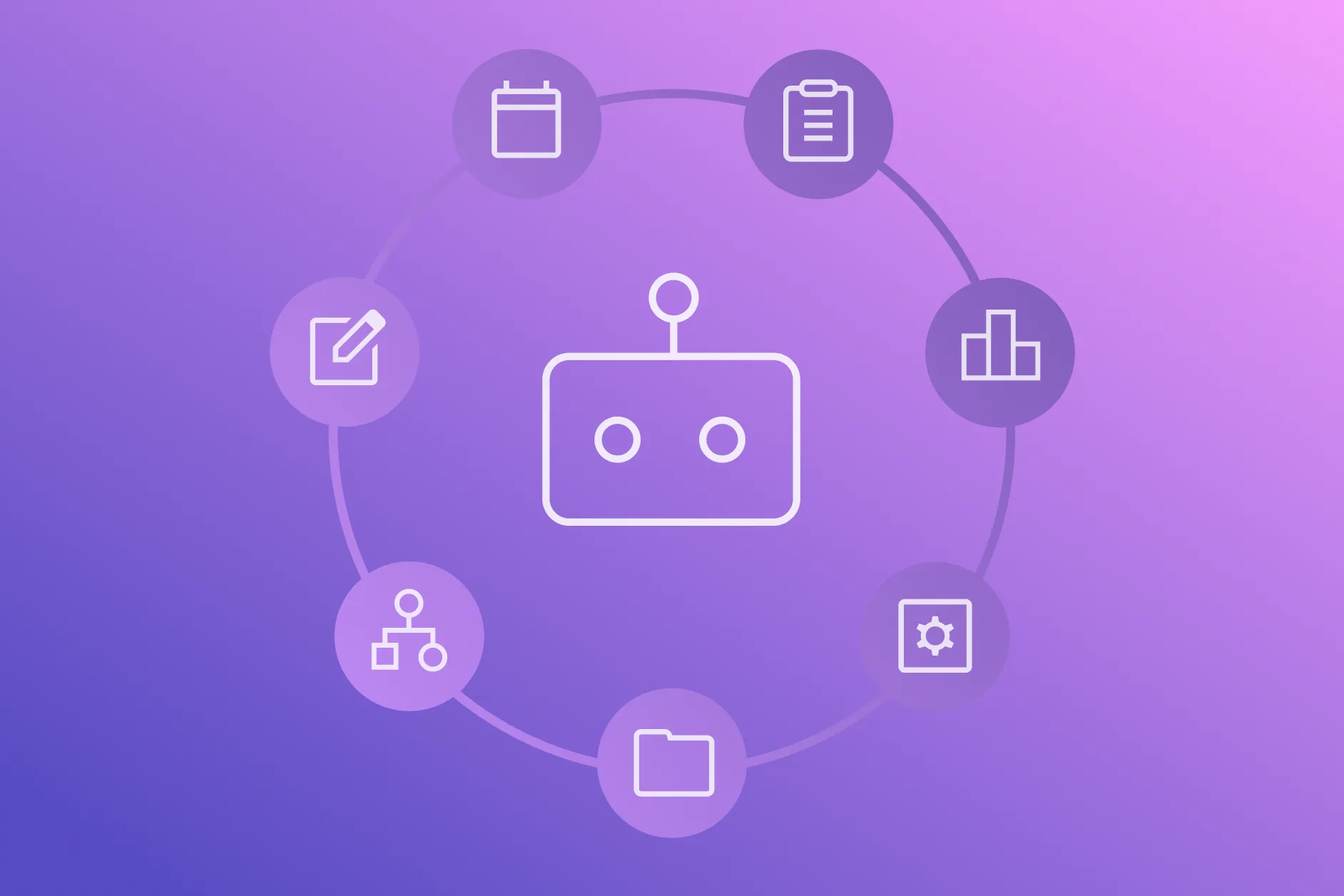
Generative AI has swept through the enterprise, with companies actively piloting tools like Microsoft Copilot and Google Gemini. But according to UiPath CIO Mihai Faur, this is just the beginning. The real transformation lies in agentic AI — autonomous virtual agents that don’t just assist, but act.
These agents can plan, take action, and make decisions independently across complex workflows. But with that power comes risk. Without proper guardrails, agentic AI introduces new liabilities, particularly around sensitive data access and oversharing.
❇️ Early adoption means competitive edge
Mihai sees agentic automation reshaping sectors from healthcare to financial services. Organizations experimenting now will gain operational and strategic advantages.
❇️ Enterprise orchestration is critical
The future of work includes humans, bots, and autonomous agents. Companies will need a secure orchestration layer to manage this hybrid workforce.
❇️ Data governance will define success
Without oversight, autonomous agents can inadvertently access and share sensitive files, turning productivity gains into security incidents.
While many CISOs worry about advanced attacks like prompt injection, Mihai points to a simpler and more common risk: oversharing.
UiPath is taking a proactive approach, building secure, internal autopilot tools and integrating human-in-the-loop systems to review high-impact decisions.
➡️ Start small
Pilot tools like Microsoft Copilot or Glean, and restrict data access from day one.
➡️ Design with security in mind
Implement solutions like Opsin to detect and manage oversharing risks early.
➡️ Don’t wait
The sooner teams engage, the faster they’ll learn to scale GenAI responsibly.
Agentic AI isn’t on the horizon — it’s already in play. The organizations that thrive in this next wave won’t just embrace intelligent automation. They’ll be the ones who secure it.
Generative AI has swept through the enterprise, with companies actively piloting tools like Microsoft Copilot and Google Gemini. But according to UiPath CIO Mihai Faur, this is just the beginning. The real transformation lies in agentic AI — autonomous virtual agents that don’t just assist, but act.
These agents can plan, take action, and make decisions independently across complex workflows. But with that power comes risk. Without proper guardrails, agentic AI introduces new liabilities, particularly around sensitive data access and oversharing.
❇️ Early adoption means competitive edge
Mihai sees agentic automation reshaping sectors from healthcare to financial services. Organizations experimenting now will gain operational and strategic advantages.
❇️ Enterprise orchestration is critical
The future of work includes humans, bots, and autonomous agents. Companies will need a secure orchestration layer to manage this hybrid workforce.
❇️ Data governance will define success
Without oversight, autonomous agents can inadvertently access and share sensitive files, turning productivity gains into security incidents.
While many CISOs worry about advanced attacks like prompt injection, Mihai points to a simpler and more common risk: oversharing.
UiPath is taking a proactive approach, building secure, internal autopilot tools and integrating human-in-the-loop systems to review high-impact decisions.
➡️ Start small
Pilot tools like Microsoft Copilot or Glean, and restrict data access from day one.
➡️ Design with security in mind
Implement solutions like Opsin to detect and manage oversharing risks early.
➡️ Don’t wait
The sooner teams engage, the faster they’ll learn to scale GenAI responsibly.
Agentic AI isn’t on the horizon — it’s already in play. The organizations that thrive in this next wave won’t just embrace intelligent automation. They’ll be the ones who secure it.